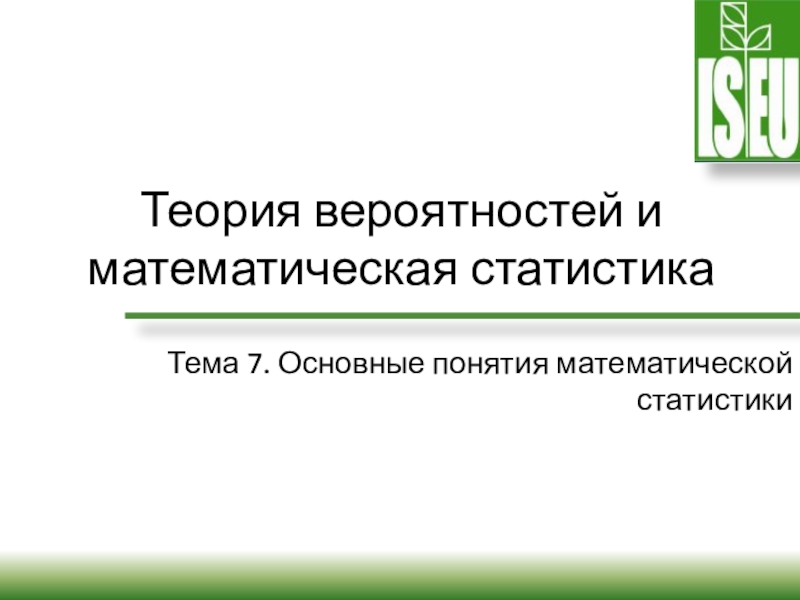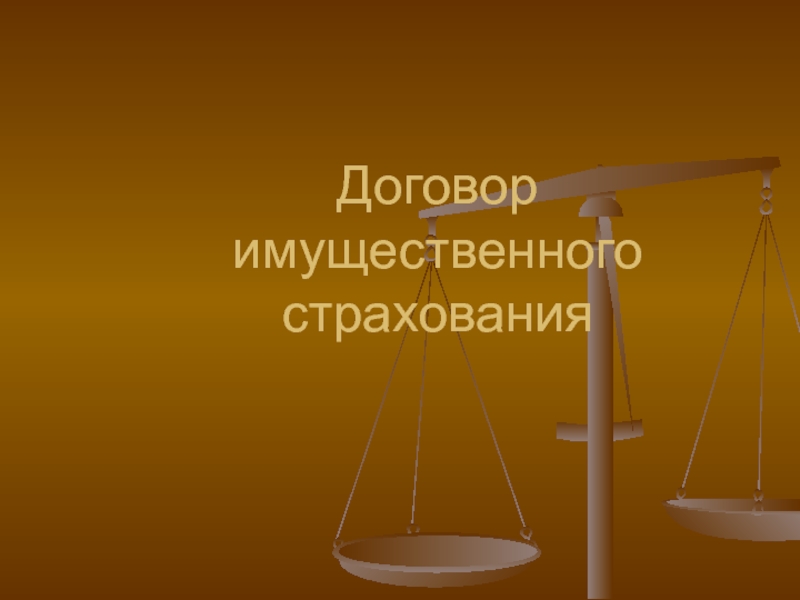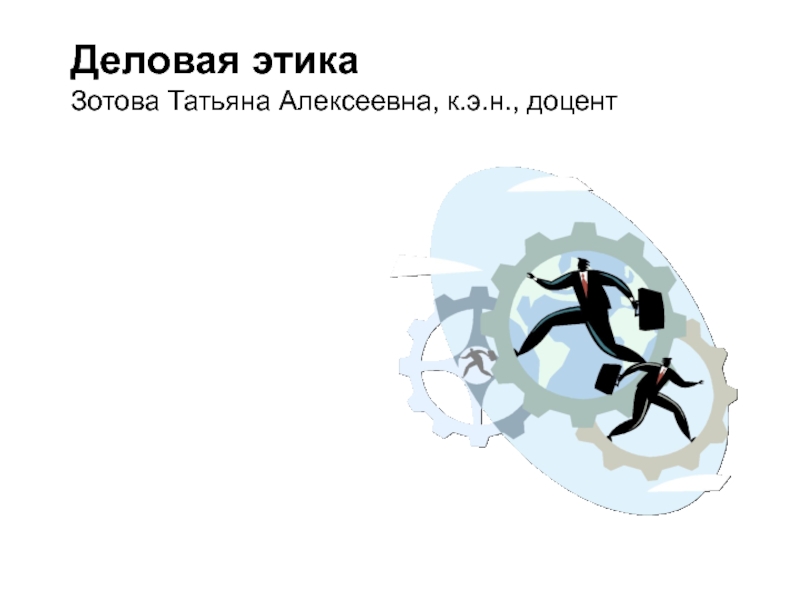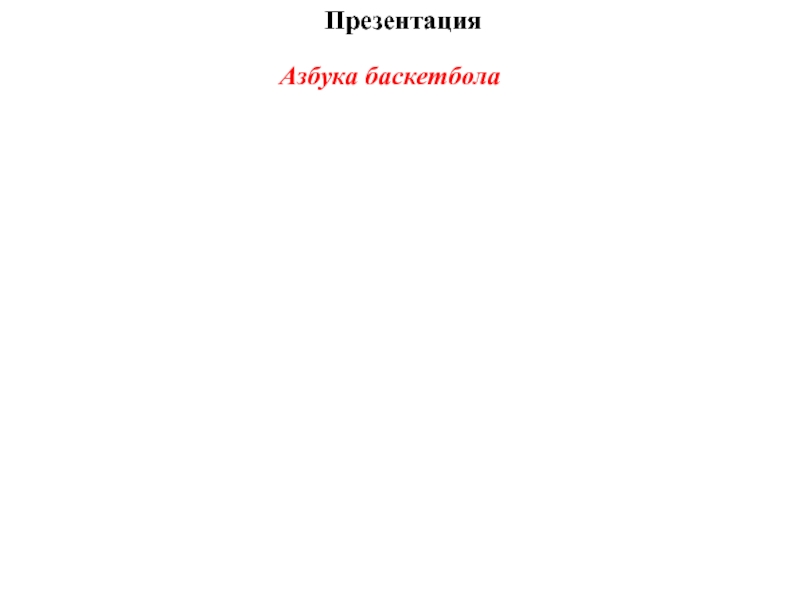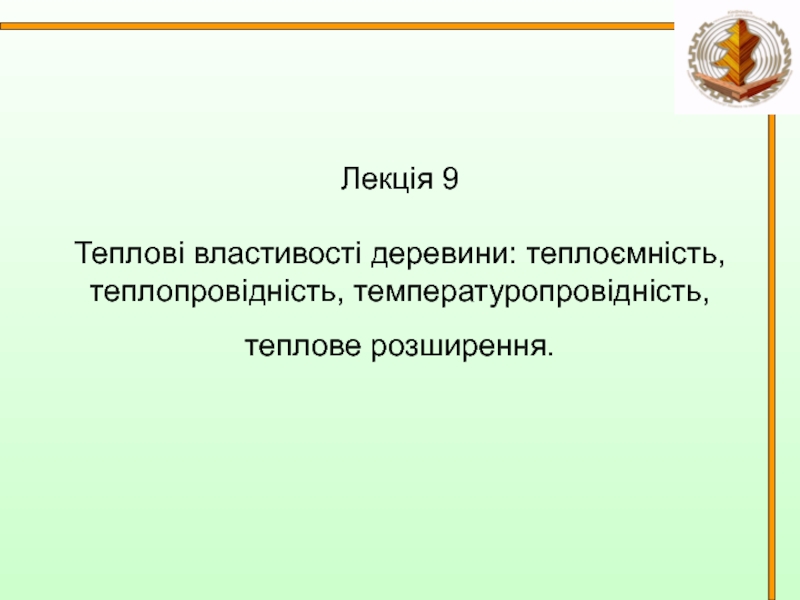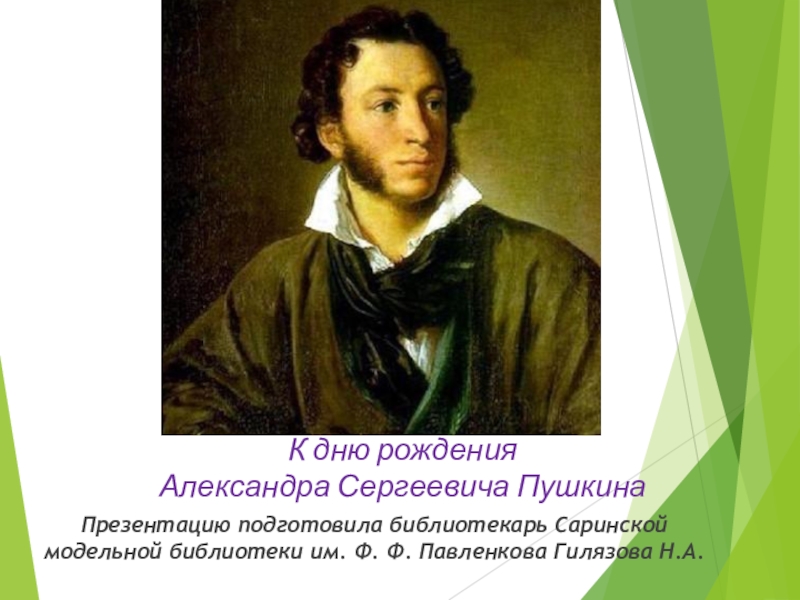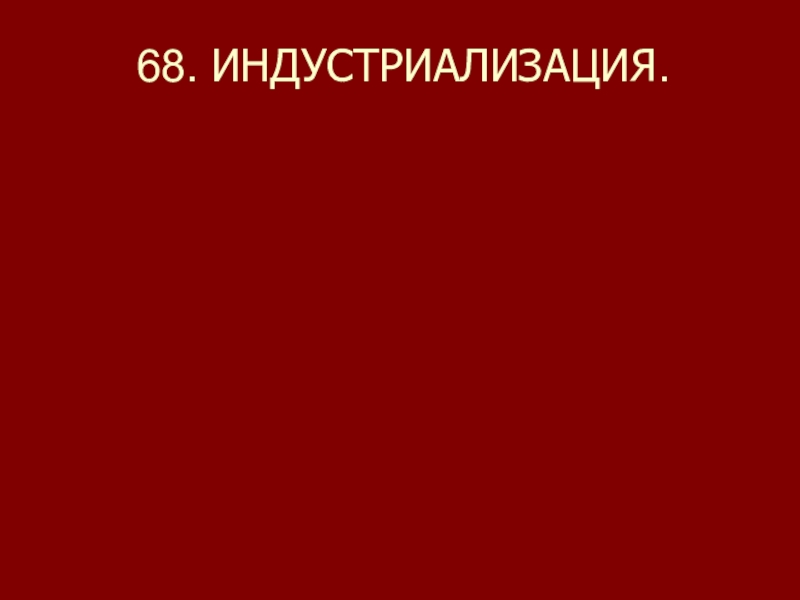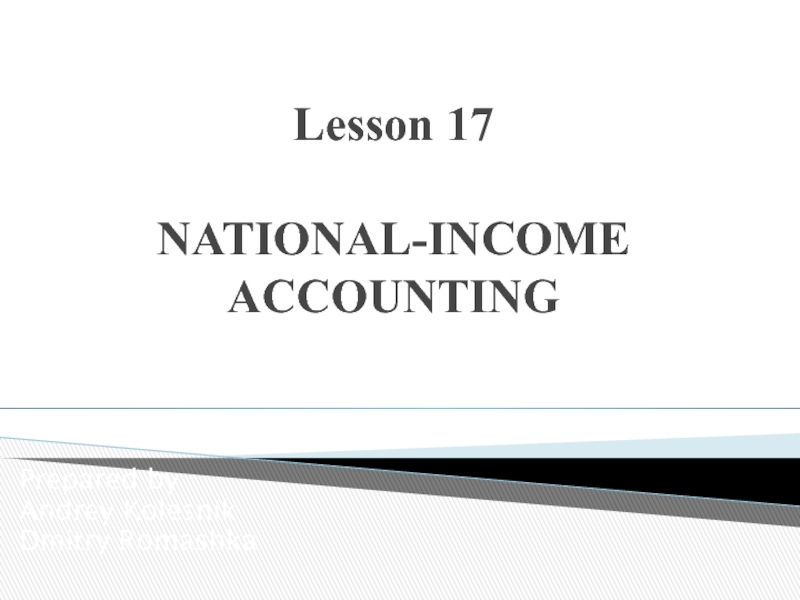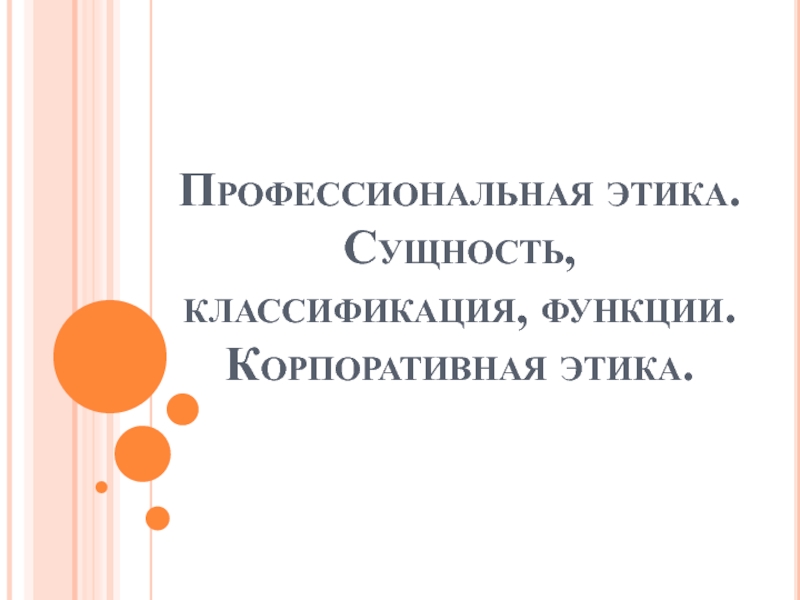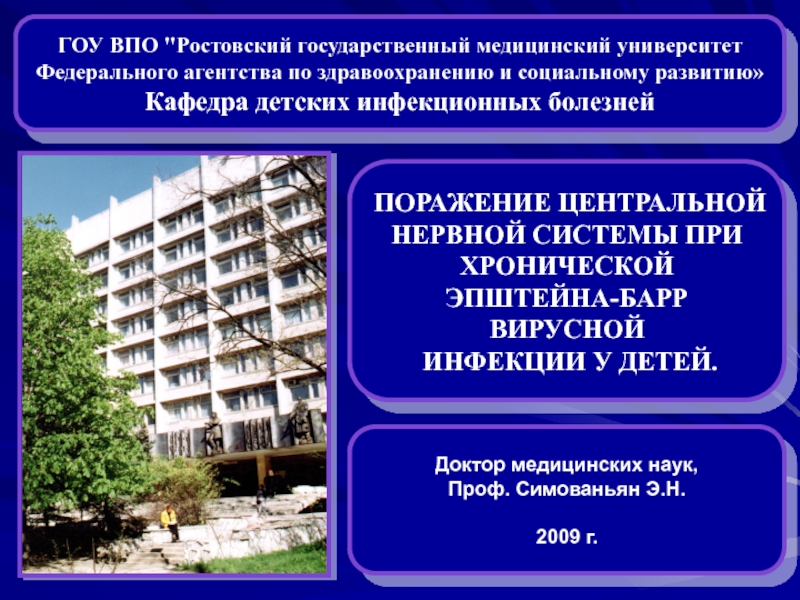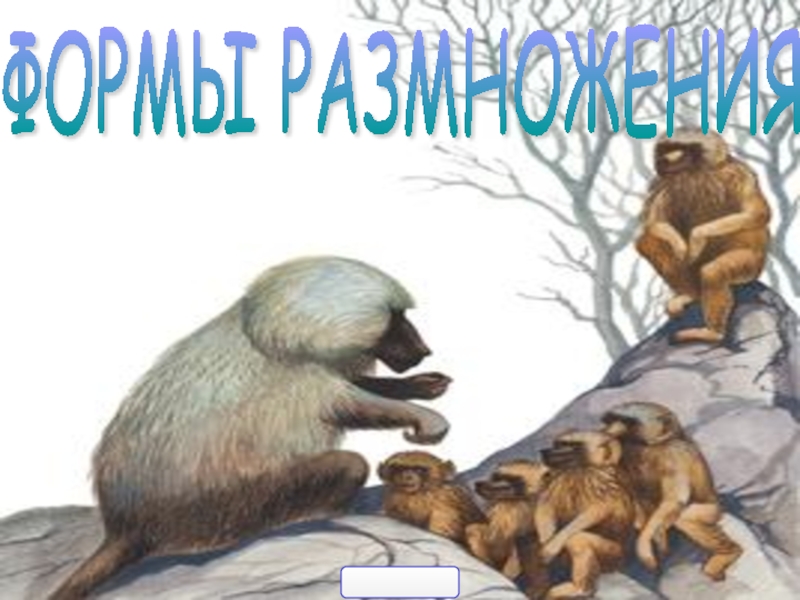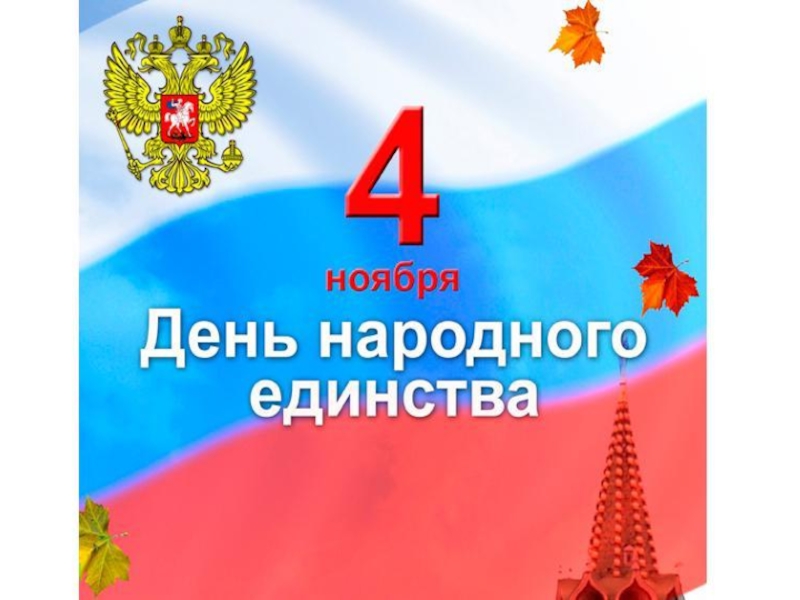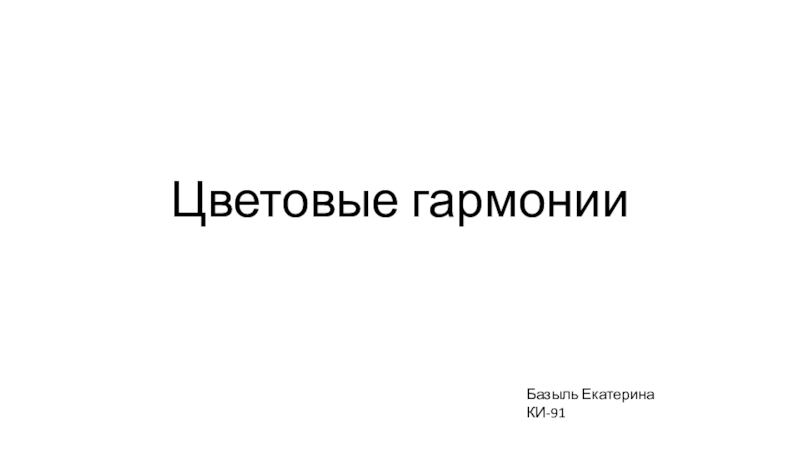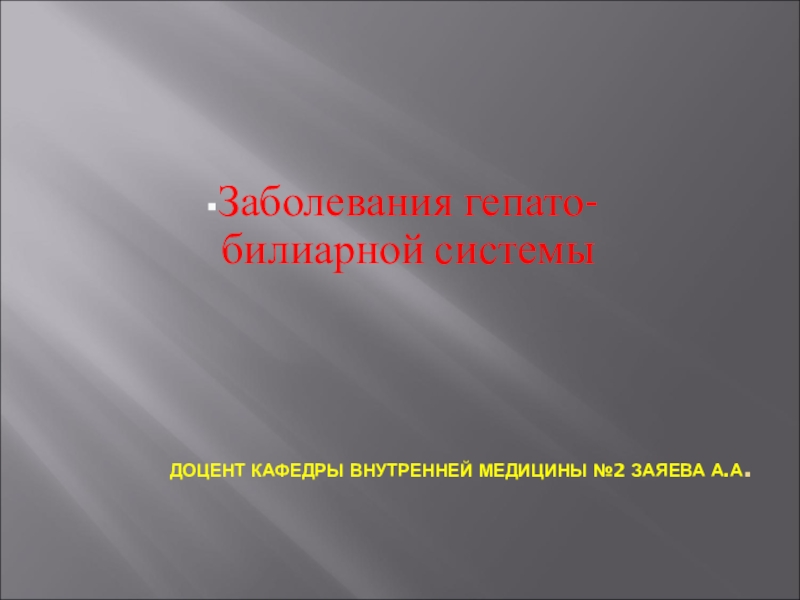Разделы презентаций
- Разное
- Английский язык
- Астрономия
- Алгебра
- Биология
- География
- Геометрия
- Детские презентации
- Информатика
- История
- Литература
- Математика
- Медицина
- Менеджмент
- Музыка
- МХК
- Немецкий язык
- ОБЖ
- Обществознание
- Окружающий мир
- Педагогика
- Русский язык
- Технология
- Физика
- Философия
- Химия
- Шаблоны, картинки для презентаций
- Экология
- Экономика
- Юриспруденция
Carl Jung Done by student : Diab Ahmed Group: 19LC3(a) Supervisor: Tatyana
Содержание
- 1. Carl Jung Done by student : Diab Ahmed Group: 19LC3(a) Supervisor: Tatyana
- 2. Carl Jung a Swiss psychologist.Carl Jung was
- 3. Carl Gustav Jung, (born July 26, 1875,
- 4. Jung's thought was formed by early family
- 5. Friendship with Freud These researches, which established
- 6. Слайд 6
- 7. Character Of His PsychotherapyJung devoted the rest
- 8. Conception of personality
- 9. Among his principal distinctions are Honorary doctorates
- 10. Books:1912 Psychology of the Unconscious1921 Psychological Types1933
- 11. Скачать презентанцию
Carl Jung a Swiss psychologist.Carl Jung was born on July 26, 1875.Carl Jung died on June 6, 1961.Carl Jung attended the University of Basel (1895–1900) and the University of Zürich (M.D.,
Слайды и текст этой презентации
Слайд 2Carl Jung a Swiss psychologist.
Carl Jung was born on July
26, 1875.
Carl Jung died on June 6, 1961.
Carl Jung attended
the University of Basel (1895–1900) and the University of Zürich (M.D., 1902).Carl Jung was the Swiss psychologist and psychiatrist who founded analytic psychology. His work has been influential in psychiatry and in the study of religion, literature, and related fields.
Слайд 3Carl Gustav Jung, (born July 26, 1875, Kesswil, Switzerland—died June
6, 1961, Küsnacht), Swiss psychologist and psychiatrist who founded analytic
psychology, in some aspects a response to Sigmund Freud’s psychoanalysis. Jung proposed and developed the concepts of the extraverted and the introverted personality, archetypes, and the collective unconscious. His work has been influential in psychiatry and in the study of religion, literature, and related fields.Слайд 4Jung's thought was formed by early family influences, which on
the maternal side were a blend of interest in the
occult and in solid reformed academic theology. On his father's side were two important figures, his grandfather the physician and academic scientist, Karl Gustav Jung and the family's actual connection with Lotte Kestner, the niece of the German polymath, Johann Wolfgang Goethe' s "Löttchen".Although he was a practicing clinician and writer and as such founded analytical psychology, much of his life's work was spent exploring related areas such as physics, vitalism, Eastern and Western philosophy, alchemy, astrology, and sociology, as well as literature and the arts. Jung's interest in philosophy and spiritual subjects led many to view him as a mystic, although his preference was to be seen as a man of science.Слайд 5Friendship with Freud
These researches, which established him as a
psychiatrist of international repute, led him to understand Freud’s investigations;
his findings confirmed many of Freud’s ideas, and, for a period of five years (between 1907 and 1912), he was Freud’s close collaborator. He held important positions in the psychoanalytic movement and was widely thought of as the most likely successor to the founder of psychoanalysis. But this was not to be the outcome of their relationship. Partly for temperamental reasons and partly because of differences of viewpoint, the collaboration ended. At this stage Jung differed with Freud largely over the latter’s insistence on the sexual bases of neurosis. A serious disagreement came in 1912, with the publication of Jung’s Wandlungen und Symbole der Libido (Psychology of the Unconscious, 1916), which ran counter to many of Freud’s ideas. Although Jung had been elected president of the International Psychoanalytic Society in 1911, he resigned from the society in 1914.Слайд 7Character Of His Psychotherapy
Jung devoted the rest of his life
to developing his ideas, especially those on the relation between
psychology and religion. In his view, obscure and often neglected texts of writers in the past shed unexpected light not only on Jung’s own dreams and fantasies but also on those of his patients; he thought it necessary for the successful practice of their art that psychotherapists become familiar with writings of the old masters.Besides the development of new psychotherapeutic methods that derived from his own experience and the theories developed from them, Jung gave fresh importance to the so-called Hermetic tradition. He conceived that the Christian religion was part of a historic process necessary for the development of consciousness, and he also thought that the heretical movements, starting with Gnosticism and ending in alchemy, were manifestations of unconscious archetypal elements not adequately expressed in the mainstream forms of Christianity. He was particularly impressed with his finding that alchemical-like symbols could be found frequently in modern dreams and fantasies, and he thought that alchemists had constructed a kind of textbook of the collective unconscious. He expounded on this in 4 out of the 18 volumes that make up his Collected Works.
Слайд 9Among his principal distinctions are Honorary doctorates from:
Clark University 1909
Fordham
University 1912
Harvard University 1936
University of Allahabad 1937
University of Benares 1937
University
of Calcutta 1938University of Oxford 1938
University of Geneva 1945
Swiss Federal Institute of Technology in Zurich 1955 on his 80th birthday
In addition he was:
given a Literature prize from the city of Zurich, 1932
made Titular Professor of the Swiss Federal Institute of Technology in Zurich, ETH 1935
appointed Honorary Member of the Royal Society of Medicine 1939
given a Festschrift at Eranos 1945
appointed President of the Society of Analytical Psychology, London, 1946
given a Festschrift by students and friends 1955
named Honorary citizen of Kűsnacht 1960, on his 85th birthday.
Слайд 10Books:
1912 Psychology of the Unconscious
1921 Psychological Types
1933 Modern Man in
Search of a Soul (essays)
1944 Psychology and Alchemy
1951 Aion: Researches
into the Phenomenology of the Self1952 Symbols of Transformation (revised edition of Psychology of the Unconscious)
1954 Answer to Job
1956 Mysterium Coniunctionis: An Inquiry into the Separation and Synthesis of Psychic Opposites in Alchemy
1961 Memories, Dreams, Reflections (autobiography, co-written with Aniela Jaffé)
1964 Man and His Symbols (Jung contributed one part, his last writing before his death in 1961; the other four parts are by Marie-Louise von Franz, Joseph L. Henderson, Jaffé, and Jolande Jacobi)










